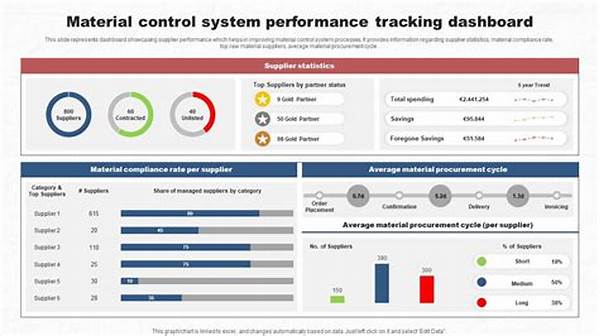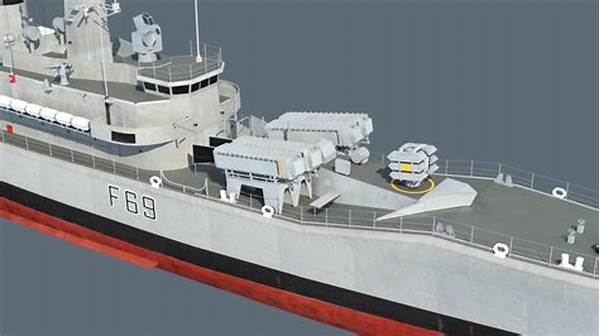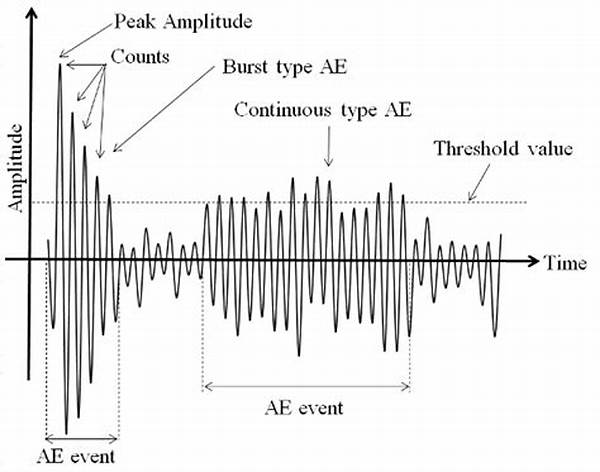In today’s digital age, the importance of robust cybersecurity measures for defense systems cannot be overstated. As technological advancements accelerate, the threat landscape evolves, presenting unique challenges for defense sectors worldwide. In this expository piece, we’ll delve into various cybersecurity measures that are pivotal for safeguarding defense systems from potential cyber threats and attacks.
The Significance of Cybersecurity Measures for Defense Systems
When it comes to defense systems, cybersecurity ain’t just a fancy buzzword; it’s the lifeline that keeps everything from going haywire. Imagine the chaos if our defense infrastructure gets hacked—it’s not just a bad day; it’s a catastrophic disaster. Cybersecurity measures for defense systems are like the unsung heroes, working tirelessly behind the scenes to prevent nasty cyber breaches. With hackers becoming more sophisticated, defense organizations are stepping up their game with multi-layered security systems that make it a nightmare for any intruder trying to wiggle their way in. From monitoring network traffic with hawk eyes to constantly updating security protocols, these measures are all about finding new ways to outsmart the sneaky cyber criminals who never seem to take a day off.
Defense systems are like family jewels, and cybersecurity measures act like the ultra-protective safe surrounding them. It’s not just about having a firewall in place; we’re talking about AI-driven threat detection systems that can spot a cyber bad-boy a mile away. Encrypting sensitive data is crucial, ensuring that even if hackers get their grubby hands on it, they can’t make sense of it. Moreover, regular security drills keep everyone on their toes, ensuring the team is prepped up to tackle any situation head-on. In the dynamic world of cyber threats, defense systems need to be equipped with a constantly evolving arsenal of cybersecurity tools to keep adversaries at bay. Trust me, nobody wants to face the fallout of a cyberattack on a defense system, so these measures are the ultimate peacekeepers.
Essential Elements of Cybersecurity Measures for Defense Systems
1. Layered Security Protocols: You need to stack it up—one layer ain’t gonna cut it. Cybersecurity measures for defense systems require multiple layers of protection to catch those sneaky threats.
2. State-of-the-Art Encryption: If the bad guys can’t read it, they can’t use it. Encryption is a must-have in modern cybersecurity measures for defense systems.
3. AI-Powered Threat Detection: These smart systems are crucial. They sniff out abnormal behavior faster than you can say “cyberattack” and are vital for airtight cybersecurity measures for defense systems.
4. Regular Security Drills: These keep the team sharp. It’s like practicing so you don’t flunk the big cyber test. No room for slacking when it’s about cybersecurity measures for defense systems.
5. Real-Time Monitoring: Forget sleeping on the job. Defense systems need 24/7 monitoring as part of their cybersecurity measures to catch cyber crooks red-handed.
Modern Technologies to Enhance Cybersecurity Measures for Defense Systems
In the evolving realm of cybersecurity, staying ahead of the game is crucial in preserving the sanctity of defense systems. To counter sophisticated cyber threats, defense organizations are embracing cutting-edge tech that’s straight out of a sci-fi flick. Artificial intelligence (AI) plays a real MVP role here, using machine learning to predict and neutralize threats with precision. It’s like having a security guard who knows every crook’s move before they even make it. In fact, the deployment of AI in cybersecurity measures for defense systems is similar to hiring a brainy detective who’s always a step ahead.
Likewise, blockchain is making waves. Traditionally associated with cryptocurrencies, blockchain technology offers a robust, tamper-proof way of securing and transferring data. It’s like building a digital fortress, making it extremely tricky for hackers to meddle with stored information. Additionally, advanced biometrics and multifactor authentication are becoming standard practice—because, let’s face it, passwords ain’t cutting it anymore. Ensuring that access to defense systems is as tight as a drum, these cybersecurity measures keep unwanted guests out and the top-secret stuff secure.
Challenges in Implementing Cybersecurity Measures for Defense Systems
Cybersecurity is no cakewalk, especially when it comes to defense systems. First off, we’re talking about some serious budgets. Beefing up cybersecurity measures for defense systems means investing big bucks in both manpower and technology. But hey, it ain’t about the cash; it’s about securing the crown jewels. Next, staying one step ahead is pretty much a constant battle—hackers don’t snooze, so defense systems can’t either. It’s a race against time to patch vulnerabilities before they become Pandora’s box.
Understanding the intricacies of cybersecurity measures for defense systems is also a task itself. Navigating through the complex web of policy, compliance, and implementation is like solving a Rubik’s cube blindfolded. It requires not just tech whizzes but also making sure everyone from the top brass to the rookie is on the same page when it comes to security protocols. Finally, there’s the human element—a.k.a the weakest link. One misplaced click by an unsuspecting user, and the whole system could be toast. So, training and awareness campaigns are essential to keep everyone in the loop and vigilant against any digital skulduggery.
The Role of International Cooperation
We ain’t living in silos, folks. The cyber battlefield is bigger than just one country. That’s why international cooperation is a heavyweight in solidifying cybersecurity measures for defense systems. Nations coming together to crowdsource intelligence and share best practices is like forming an elite squad—way more effective than going solo. By banding together, countries can develop standardized protocols and response strategies to better thwart potential cyber attacks.
Building a global cyber defense network creates a line of defense that’s mighty hard for hackers to breach. Plus, when push comes to shove, having allies goes a long way when you’re dealing with complex cyber threats. With collaborations, not only do defense systems become more resilient, but they also pave the way for new innovations in cybersecurity measures. At the end of the day, creating a unified front against cyber adversaries helps maintain the balance of power in the digital landscape.
Summary of Cybersecurity Measures for Defense Systems
Alright, let’s cut to the chase and wrap it up—cybersecurity measures for defense systems are a big deal, no two ways about it. Think of them as the digital guardians that keep bad guys at bay, constantly upgrading and adapting to stay one step ahead. From fancy AI-driven threat detection to rock-solid encryption, these measures are the real MVPs when it comes to protecting critical infrastructure.
It’s not just about flashy tech, though. Education and teamwork play colossal roles in these efforts, ensuring everyone knows their part in safeguarding cyberspace. And on the grand scale, international collaboration is the secret sauce that makes these defenses even more impenetrable. When countries team up, sharing intel and strategies, it’s like creating an unbreakable bond.
Ultimately, the landscape of cybersecurity is ever-evolving, sometimes faster than we can keep up. But with the right mix of innovation, cooperation, and vigilance, we can bolster our defense systems to withstand even the most relentless cyber threats. Because, hey, at the end of the day, nobody wants to think about what could go wrong. Let’s stay a step ahead, ready to face whatever the cyber world throws our way.




